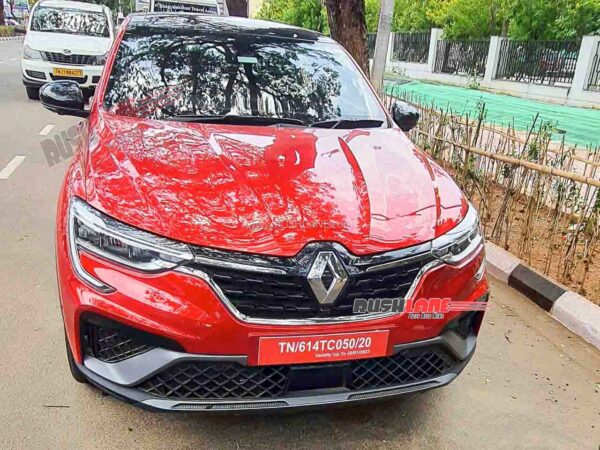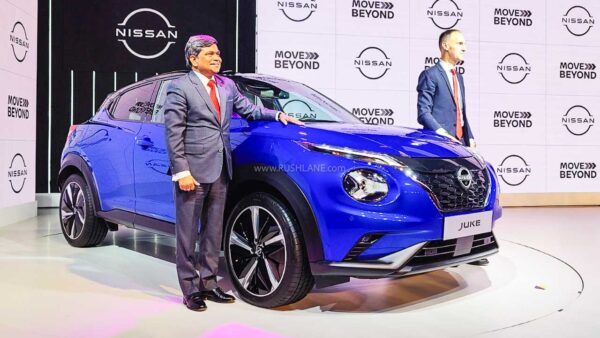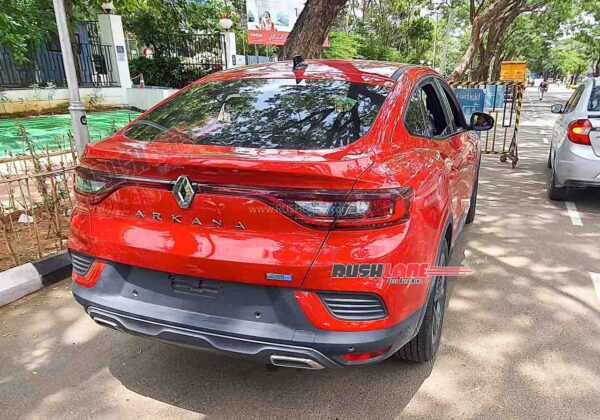Renault and Nissan’s Investment in India: Innovative, Sustainable, and High-Quality new vehicles – What is it about?

Renault and Nissan have announced a new long-term vision for India, committing to a $600m USD / Rs 5,300 crores investment in production and R&D activities, including the introduction of electric vehicles and a transition to carbon-neutral manufacturing. The companies’ base in Chennai continues as a hub for the development of six new vehicles for both domestic and international customers, including two fully electric vehicles.
The investment is expected to create up to 2,000 new jobs at the Renault Nissan Technology & Business Centre, Chennai. The RNAIPL factory will also become carbon-neutral, with a significant increase in renewable energy generation. This investment signals Renault and Nissan’s commitment to the Indian market and their ongoing efforts to deliver innovative, sustainable, and high-quality vehicles to customers.
What are the six new cars that Renault and Nissan will produce in India?
Renault and Nissan are set to launch six new cars in India, three for each brand. Engineered and built in Chennai, the new cars will be based on common Alliance platforms. And will at the same time be developed to exude distinctive styling of each brand. The line-up will consist of four new C-segment SUVs, and two new A-segment electric vehicles. Renault has been spied testing the Arkana SUV in India, while Nissan has been testing the Qashqai as well as X-Trail and Juke in India. New Renault Nissan SUVs for India could be based on these global SUVs.
Speaking about the EVs, these will be the first EVs for both Renault and Nissan in India, drawing on the brands’ prowess and ability in mass-market electrification.The new models aim to appeal to both Indian customers and exports. Earlier this year, a test mule of Renault Kiger Electric was spied in India. It could be one of the possible new EV launches from Renault in India.

Renault-Nissan new cars are a significant step for both manufacturers, as they expand into new segments and showcase their commitment to delivering innovative, high-quality vehicles to the Indian market. The shared Alliance platforms are designed to optimize efficiency, while the distinctive styling of each brand will help to differentiate the vehicles in a crowded market.
With growing demand for EVs in India, Renault and Nissan are well positioned to meet this demand with their new models. The companies have a wealth of experience and expertise in this area. It is expected to cater to those looking for an affordable, low-carbon alternative to traditional gasoline vehicles.
What is Renault and Nissan’s roadmap to carbon-neutral vehicle manufacturing?
In conclusion, the new models from Renault and Nissan are set to bring a fresh perspective to the Indian market, offering customers a range of new options. Reliance on innovative design, shared platforms, and distinctive styling could catapult them to being a sure hit with customers. Most essentially, this could help to further establish Renault and Nissan as major players in the Indian auto industry.

The Renault-Nissan alliance is setting a new vision for India, with the Chennai plant at the centre of their efforts. Improved plant utilisation will cater to boost exports and secure jobs at the RNAIPL plant in Chennai. Increased production will be supported by increased R&D and associated activities at the Renault Nissan Technology & Business Centre in India. The Chennai plant is also setting its sights on carbon neutrality, with a roadmap to achieve this by 2045. This will be achieved through the transition to 100% renewable energy, while reducing energy consumption by 50% compared to today.
The plant already sources more than 50% of its electricity from renewables, including solar, biomass, and wind. The existing solar plant will be expanded to a 14MW plant from its current 2.2MW capacity.

